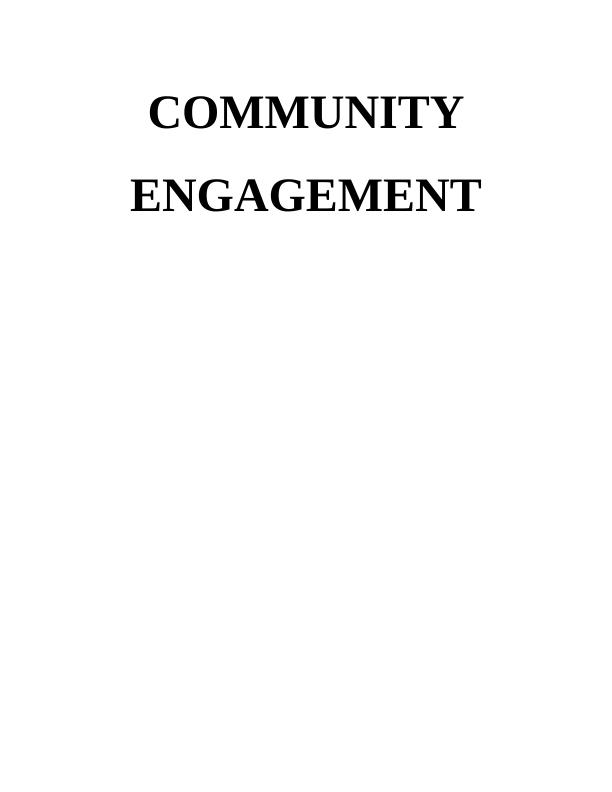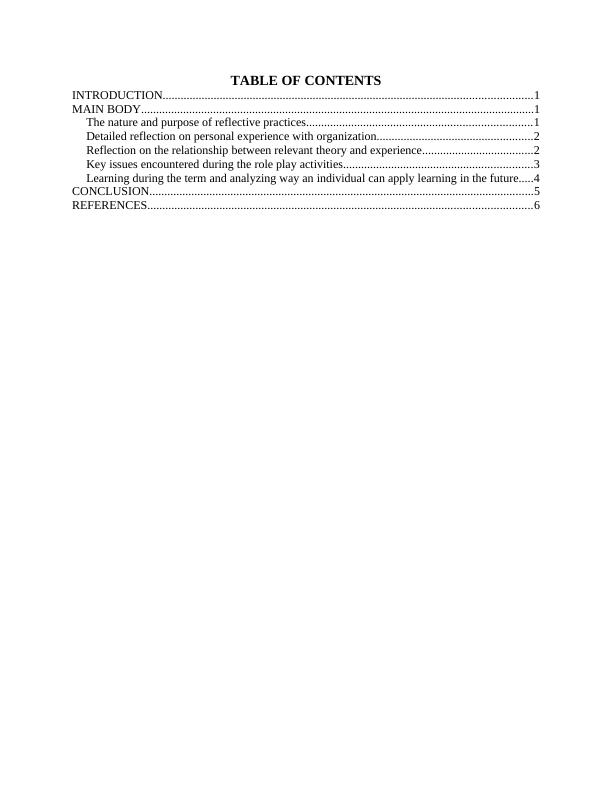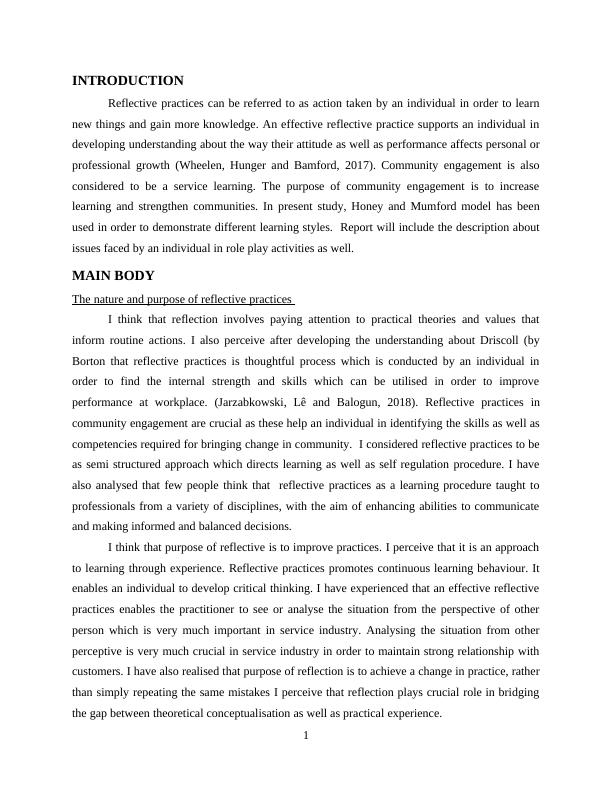(PDF) Community Engagement - Desklib
Added on 2020-11-12
9 Pages2663 Words434 Views
End of preview
Want to access all the pages? Upload your documents or become a member.
Reflection on Learning Styles: Honey and Mumford Model
|5
|1041
|65
report analysing your own learning style according to the Honey & Mumford (1986) theory as well as your behaviour and attendance
|6
|1056
|87
Honey and Mumford very has propounded unique style of learning
|7
|1936
|273
Development for Success in Business
|6
|902
|60
Comparison of Learning Styles and Role of Learning Curve in Human Resource Development
|15
|771
|455
Personal and Professional Development in Health and Social Care
|9
|1319
|83



